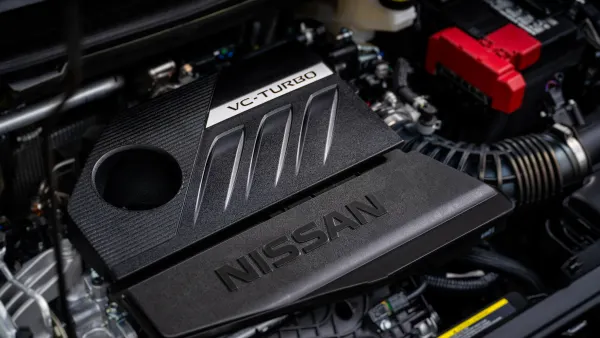Editor's note: This story is part of the WardsAuto digital archive, which may include content that was first published in print, or in different web layouts.
Government regulators are paying close attention to dealerships these days in areas ranging from disputed loan rates to allegedly misleading ads.
That means operating on even the fringe of compliance these days is risky business.
Beginning with Jim Radogna, founder and president of Dealer Compliance Consultants, here’s advice from four professionals on how to avoid compliance woes.
“The regulatory ‘shiny objects’ of the last few years have been primarily advertising violations and rate markup,” he says
With the Federal Trade Commission’s announcement of “Operation Ruse Control,” he sees a new pattern is emerging.
The commission and state and federal enforcement agencies have taken dozens of recent actions against dealerships, including credit-application fraud, add-on products disclosure and document-fee violations.
“Regulators are paying closer attention to what’s going on during the sales and F&I process at the dealership, so a strong compliance management system (CMS) is more vital than ever,” Radogna says. “What’s really eye-opening is that several dealership employees have been criminally charged recently. So a compliance system is vital for dealers, their managers and F&I personnel.”
Doug Fusco, CEO of Dealer Safeguard Solutions, describes a CMS as a process for accountability, responsibility and training to ensure correct processes.
“A dealer’s front end is often the Wild West, so until processes get locked in by technology and the right processes, compliance will be a battle,” he says.
Often, F&I inherits compliance problems that began in sales, Fusco says. That can lead an F&I manager to say “Do I risk the deal by doing it right or push the envelope and get the deal done?”
Gates must be put around what happens in the front end, he says. “The dealership’s compliance officer should have responsibility for making that happen and should have the authority.”
Gil Van Over, president and founder, gvo3 & Associates says the Consumer Financial Protection Bureau is forging an updated compliance model likely to be mimicked by the FTC, the agency that has regulatory oversight over car dealers. CFPB doesn’t directly oversee dealers but exerts pressure on them through lenders it does oversee.
“My prediction is that within five years, auto retailers will be required by their regulators to have a formal CMS in place,” Van Over says, envisioning increased emphasis on management oversight, risk assessments, policies, procedures, employee training and periodic audits.
It is clear that state agencies and the FTC will not be left behind in wake of the CFPB regulatory enforcement, says David R. Missimer, general counsel for Automotive Compliance Consultants.
“Dealers taking a wait-and-see approach might want to get their house in order,” he says. “The CFPB, FTC, and state attorneys general all have dealer finance and ancillary products on their radar.
“With a sound CMS, however, a dealer will be positioned to respond and defeat claims of disparate impact in financing and the sale of products.”









